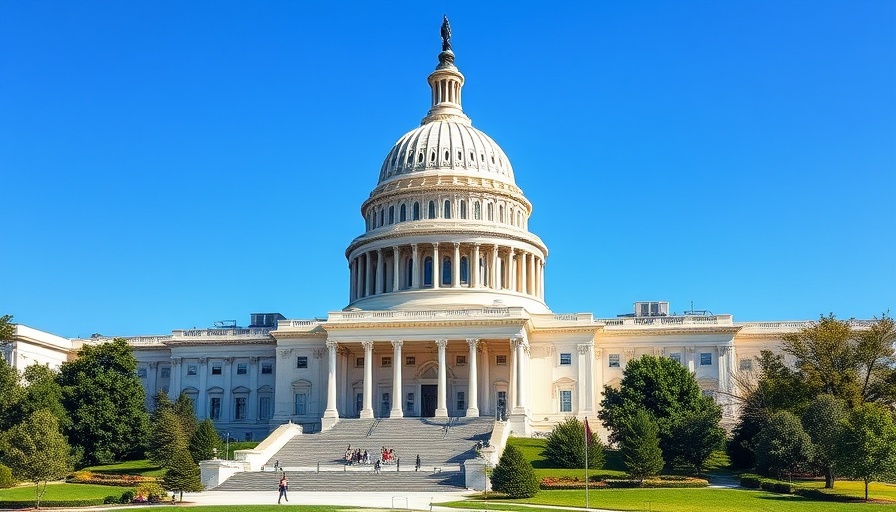
Why Unhappy Franchisees Hold the Key to Success
Franchising, often presented as a route to undeniable success, frequently overlooks a critical narrative—the plight of unhappy franchisees. These individuals, who often feel trapped by unyielding corporate demands and hidden costs, can provide invaluable insights that successful franchisees gloss over. Before diving into the franchising pool, it's essential to understand both sides of the coin.
Understanding the Franchise System's Dark Side
Franchising is frequently sold as a "proven system" that guarantees financial success. However, behind the shiny brochures and pep talks from successful franchisees lies a vast landscape of dissatisfaction. Unhappy franchisees often work extremely long hours only to find that their finances are in disarray due to unanticipated hidden costs and unsustainable practices.
As a potential franchisee, this is critical information you'll want to uncover early. By speaking with those who are struggling, you can glean insights into pitfalls that are otherwise obscured in franchise disclosure documents. You will learn about markup margins that lead to financial strain, lack of support during tough times, and the disillusionment that comes when expectations fail to align with reality.
The Importance of Balanced Conversations
Every aspiring franchisor should make it a point to engage with a diverse array of franchisees. This encompasses both the successful benchmarks and those grappling with challenges. Too often, candidates focus solely on the success stories. While these voices are uplifting, they can sometimes present an unrealistic expectation of what franchising entails.
To gather a complete understanding, it's imperative that you obtain the perspectives of those who are struggling. These conversations can unveil the true nature of the franchise experience, steering potential owners away from costly mistakes. The strategies to extract genuine feedback from franchisees include:
- Asking specific questions about daily operations.
- Inquiring about unanticipated costs.
- Understanding the level of ongoing support provided by the franchisor.
Unveiling Hidden Costs and Insights
Conversations with unhappy franchisees often reveal financial realities that are hidden from potential buyers. Discounts and profit margins might seem promising in a glossy brochure, but the reality could be vastly different.
It's crucial to probe deeper into the financial aspects by asking direct questions. What additional expenses are there for inventory? How do marketing fees impact overall profits? These inquiries will paint a clearer financial picture, showing what you might unknowingly be liable for. Identifying these hidden costs upfront can save you from the emotional and financial toll of an uninformed investment.
Optimize Your Franchise Research Strategy
Optimizing your research strategy by ensuring that you hear both sides of the franchise story will grant you a comprehensive view. Being aware of the forces at play and the struggles faced by fellow franchisees not only equips you with knowledge but builds a case for operational adjustments within your own future franchise.
Consider leveraging resources such as “The Definitive Guide To Franchise Research,” which offers a structured approach to extract critical information from your conversations. With the right strategies, finding unhappy franchisees can reveal pitfalls, elevate awareness of challenges, and provide a pathway toward smarter business decisions.
Conclusion: A Call to Action for Future Franchisees
Understanding the experiences of unhappy franchisees is imperative for any potential franchisee. They have lived through the challenges, and their insights can illuminate your path to making informed decisions. Prioritize talking to those who have faced hardship, as their experiences are not merely cautionary tales but educational moments that can shape your franchise journey. Engage in meaningful conversations that could potentially redefine your approach to franchising.
 Add Row
Add Row  Add
Add 




Write A Comment